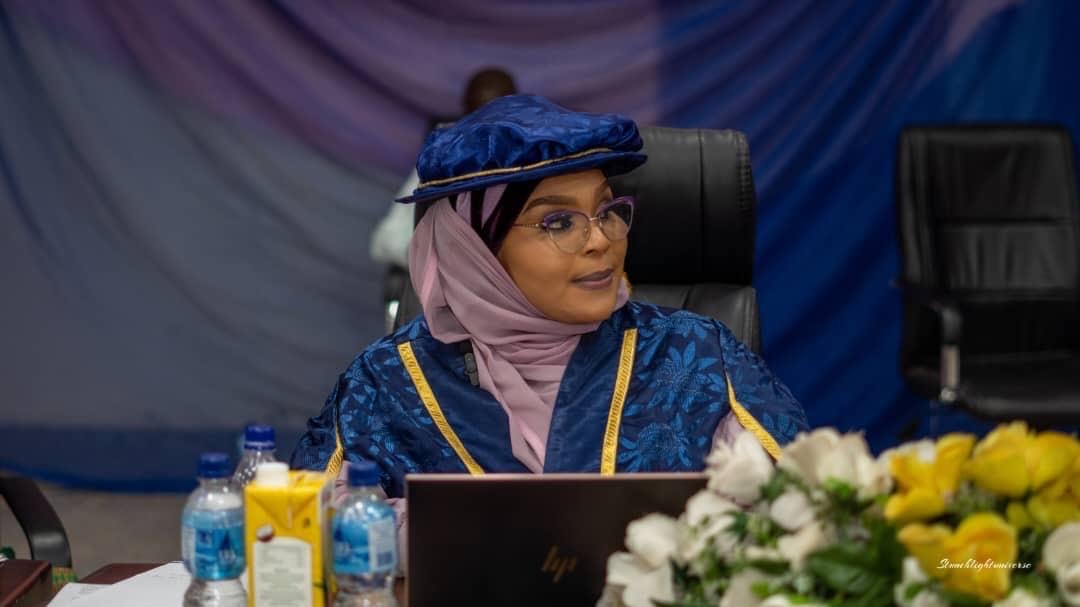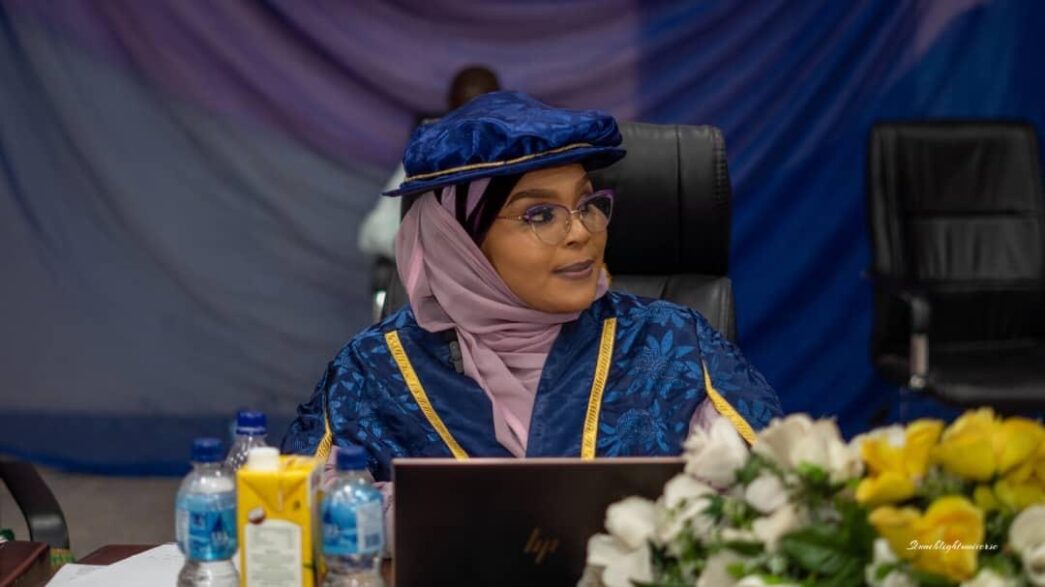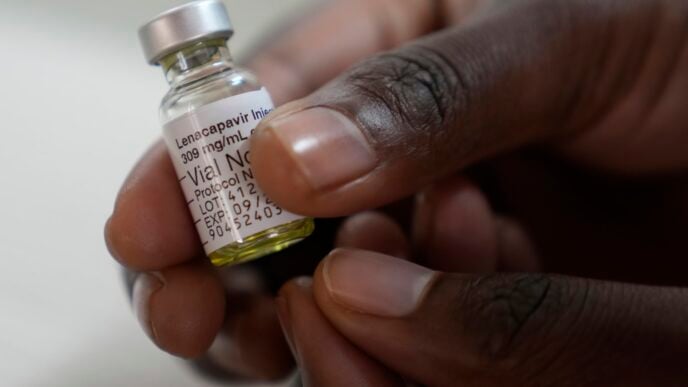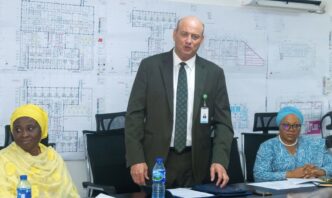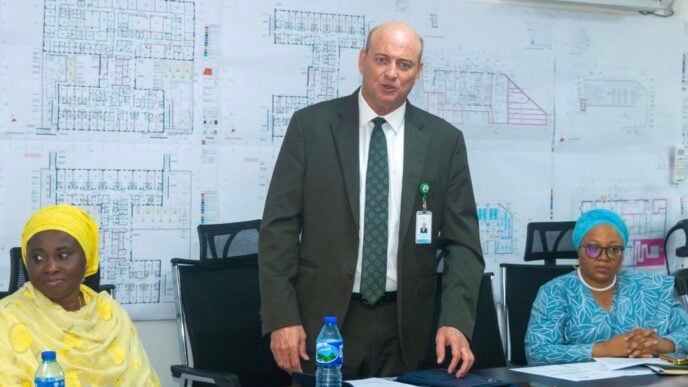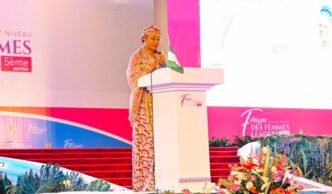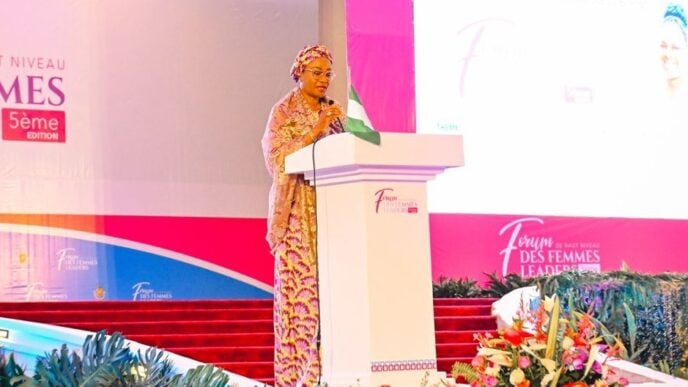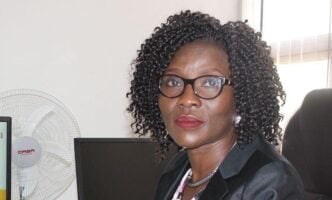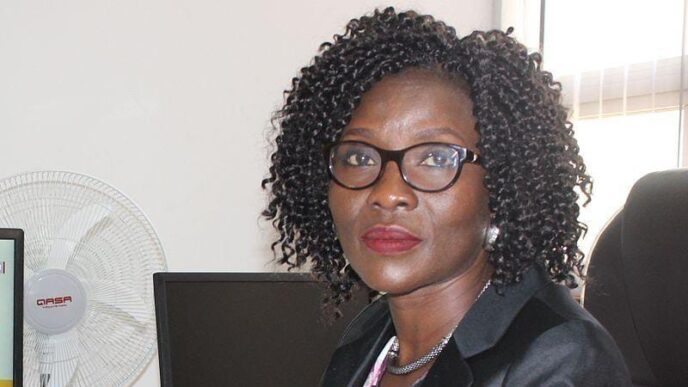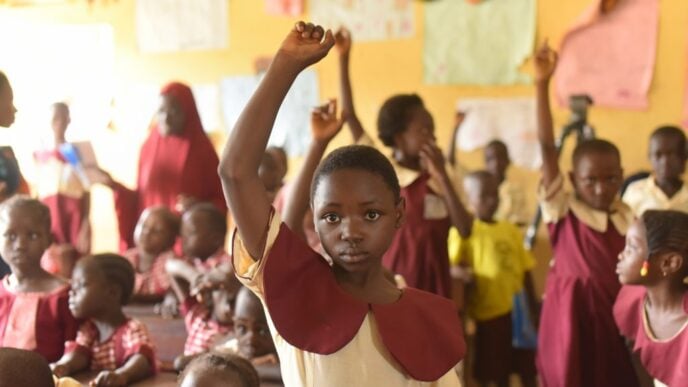Zainab Marwa
Zainab Marwa, founder of Aspire Women Forum, a non-governmental organisation (NGO), says education and vocational training can reduce poverty among women in Nigeria.
Marwa spoke on Tuesday at the presentation of her paper titled ‘The Intersectionality of Poverty and Gender in North Central Nigeria’, at the 9th distinguished public lecture of the Federal University, Lokoja, Kogi state capital.
She noted that systemic gender inequality is one of the major causes of poverty among women in Nigeria, especially the north central geographical zone of the country.
“Imagine a land where resources are plentiful, yet the hands that toil hardest remain the most deprived. In the heart of north central Nigeria, this paradox is the daily reality for millions of women,” Marwa said.
Advertisement
“While the region is celebrated for its rich cultural heritage and abundant resources, its women are caught in the relentless grip of poverty working tirelessly but rarely reaping the rewards of their labour.
“These women don’t just face economic hardship; they endure a web of systemic inequalities that restrict their progress, dim their potential, and amplify their struggles.”
Marwa explained that factors such as ethnicity, marital status, and geographical location significantly shape a woman’s experience of poverty.
Advertisement
To effectively reduce poverty among women, she called for various strategies, including community-based social protection initiatives and improved access to healthcare and education.
She listed the cultural norms prevalent in predominantly Muslim areas, which often prioritise early marriage for girls and hinder their educational prospects.
“In predominantly Muslim areas, cultural norms may prioritise early marriage for girls, which can limit their educational opportunities. A woman from a rural community may face significant barriers to owning land due to traditional inheritance laws that favour male relatives,” she added.
“This intersection of challenges goes beyond the day-to-day struggles for survival. Women in North Central Nigeria experience the compounding effects of poverty in deeply gendered ways facing not only economic exclusion but also cultural marginalisation that diminishes their voices and overlooks their contributions.”
Advertisement
Add a comment
